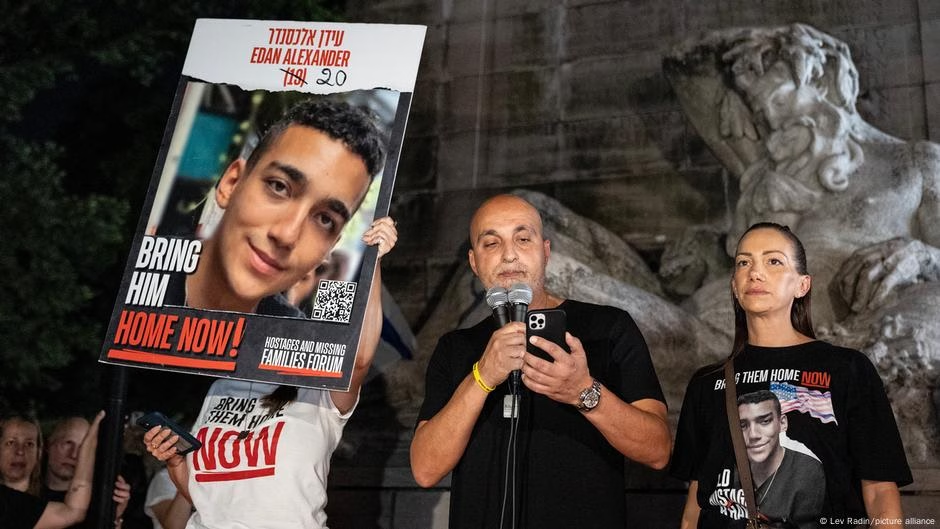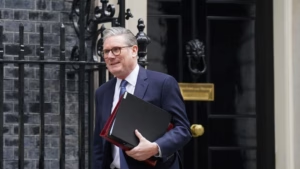Recent negotiations in Qatar saw US officials propose a “bridge” plan, aimed at extending the Gaza ceasefire until mid-April to facilitate discussions towards a permanent conflict resolution.
The statement also reinforced the demand on Israel to resume aid deliveries to Gaza and release several Palestinian prisoners in exchange for the release of an American-Israeli dual citizen and the bodies of various hostages.
Hamas’ Response Criticized
Hamas, in response, declared its willingness to release the hostage and the remains of four others. They mentioned an agreement to “release Israeli soldier Edan Alexander, who holds American citizenship, along with the remains of four others with dual citizenship.”
However, the US responded critically, accusing Hamas of publicly advancing the extension while privately proposing unrealistic demands without a permanent ceasefire. The statement warned that non-compliance would result in the US taking action, though specifics were not provided.
Israel’s Skepticism
Israel downplayed the possibility of a hostage deal, alleging that Hamas was engaging in “psychological warfare” targeting the families of the abductees. The initial phase of the Israel-Hamas truce, which expired on March 1 without further agreements, was followed by renewed talks in Doha, where both sides sought to extend the ceasefire.
As per the first six weeks of the truce, Palestinian militants freed 33 hostages, including eight bodies, in exchange for about 1,800 Palestinian detainees held in Israeli prisons. Israel claims Hamas still detains 24 hostages and 35 bodies of those abducted.
Edited by: Kieran Burke







